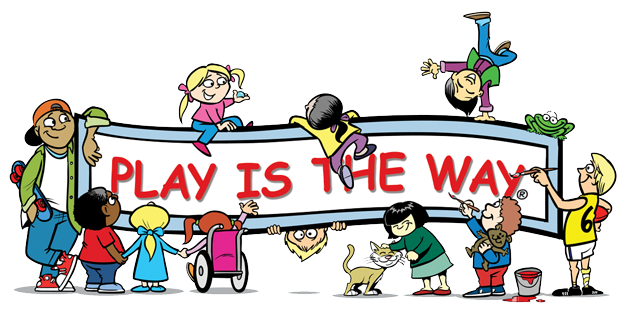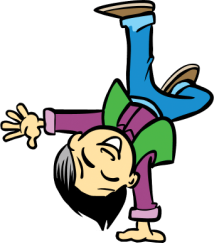WHAT IS PLAY IS THE WAY®?
PLAY IS THE WAY® is a social and emotional learning (SEL) methodology using physically interactive games & activities, 5 guiding concepts, an empowering self-reflective language and 6 key virtues that form a pathway to empathy.
It is a process that gives primary schools a way to develop, improve and entrench the personal and social capabilities of students.
PLAY IS THE WAY® is suitable for primary school children of all ages, abilities and ethnic backgrounds. No particular sporting or athletic ability is required to successfully participate.
HOW DOES IT WORK?
The PLAY IS THE WAY® Methodology uses:
- Our unique program of physically interactive games
- Our “Life Raft” concepts that serve as a moral compass to guide students through life and learning
- Our reflective language that helps children master their own behaviour
- Our “Pathway To Empathy” virtues
- a philosophy of behaviour education and student self-regulation that fosters independent, self-motivated, empathetic, life-long learners.
Requiring a minimum investment in resources and equipment (just one set of manuals for each classroom teacher) PLAY IS THE WAY® gives educators the comfort of guidance with the flexibility to adapt it to the needs and circumstances of their students.
The resources give teachers the necessary information to start and invite them to deepen their knowledge and skills as they progress through the program. It’s a, learn as you go and improve with practise, approach.
The games program is a cross-curricular tool for behaviour education. Typically, students participate in 4 x 20 minute games sessions per week for every week of the school year, for every year of primary school.
For schools intending to establish PLAY IS THE WAY® as an ongoing whole school methodology that supports students throughout their primary school journey, a very useful, Implementation Guide can be downloaded for free. CLICK HERE TO DOWNLOAD
PLAY IS THE WAY® has proved itself in a wide variety of Australian, New Zealand and Canadian primary schools and is ideally suited to a whole school approach and commitment to behaviour education.
Why games?
The PLAY IS THE WAY® games program assists teachers to guide children beyond the simple pleasures of playing games to the character building benefits that can be achieved.
Guided by informed teachers/facilitators:
- Our games help children to develop and habituate patterns of behaviour that are personally advantageous and culturally appropriate.
- Our games teach children to respond appropriately to the thrill of success and the disappointment of failure. To enjoy competition with good grace and consideration for the other side.
- Our games assist children to control impulsive behaviour and control the need for immediate gratification as they strive for long term benefits and goals.
- Our games encourage children to use their skills to advantage others in the pursuit of common objectives. They strengthen the skills of teamwork and cooperation and help children to manage relationships.
- By playing our games children initiate a process of self awareness and discovery. They create a shared body of experience that is used to build up relationships within the group and to develop the group.
- Our games create a common awareness and language with which to discuss the processes of human action and interaction. They encourage empathy, respect and an appreciation of difference.
- Our games engage children’s emotions and call for mastery and control of those emotions to achieve success. By being challenging, the games develop self motivation and perseverance. They help children to identify the reasons for failure and foster optimism and resilience.
- Because they require effort and application, our games help children to understand the value of process in the pursuit of success.
- Our games act as metaphors, similes and analogies for life and by playing these games children hone the skills that help them to live, learn, work and play well.
- Our games improve the social, emotional, physical and mental health of children.

